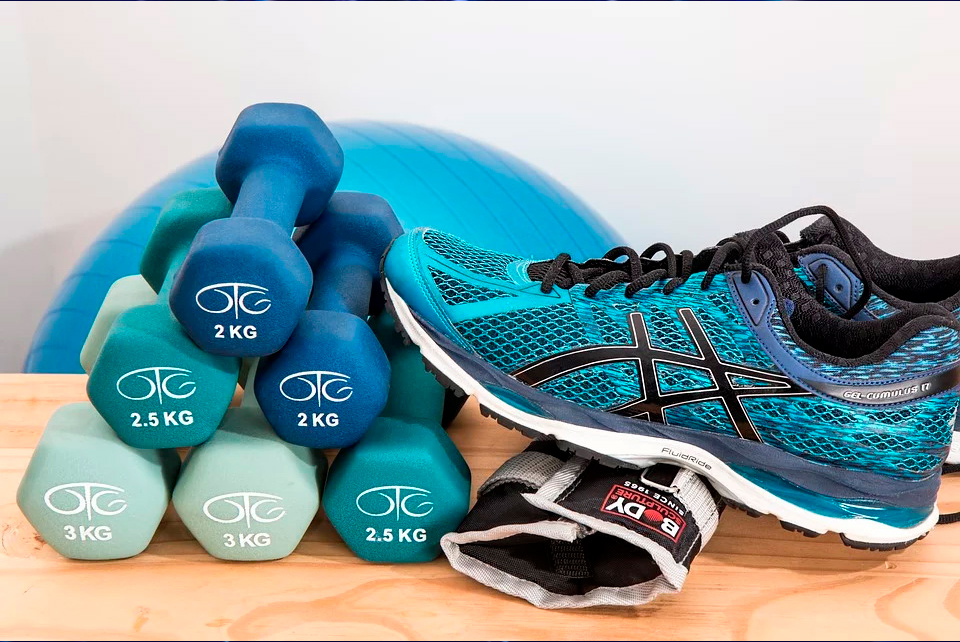It’s a common misconception that you can achieve the desired fitness result faster by exercising every day.
However, the recovery of the body, especially the nervous system, is directly related to making progress.
Your muscles experience microtraumas during workouts and then grow and get stronger on rest days, which is why it is so important to set the right activity pace.
If you exercise to exhaustion over a long time, your body can begin to revolt and react with:
- increased appetite and weight gain due to protective mechanisms
- menstrual cycle dysfunction
- sleep disorders and constant fatigue
If you want to achieve the desired results and preserve your health, it is better to combine strength and aerobic exercises.
The number of workouts, in this case, depends on your fitness level. If you are a beginner, try exercising every other day or at least twice a week.
If you have been exercising for a long time, let yourself rest at least once a week.
It is very important that the workouts are diverse. If you work with different muscle groups at a time, you will avoid exhaustion and injuries.
Remember that the main indicator that you have chosen the right pace is the gradual improvement of your personal well-being.
Myth: working out on an empty stomach will help you burn more fat
There is a common misconception that working out in the morning on an empty stomach is a quick and efficient way to lose weight.
In reality, there is no proof that it helps burn more fat. Besides, after training on an empty stomach, you may feel weak and dizzy.
The body needs fuel to build muscle and burn calories. Be sure to have a snack 45–60 minutes before working out.



